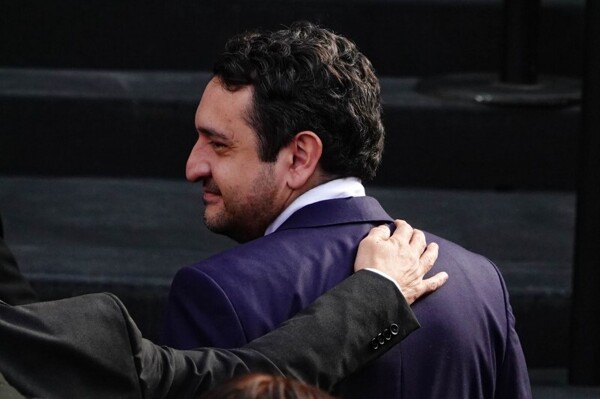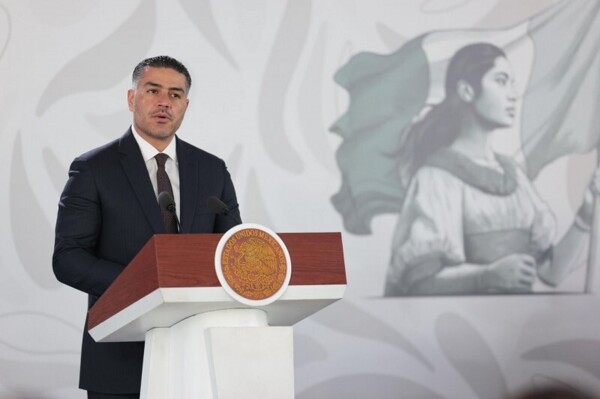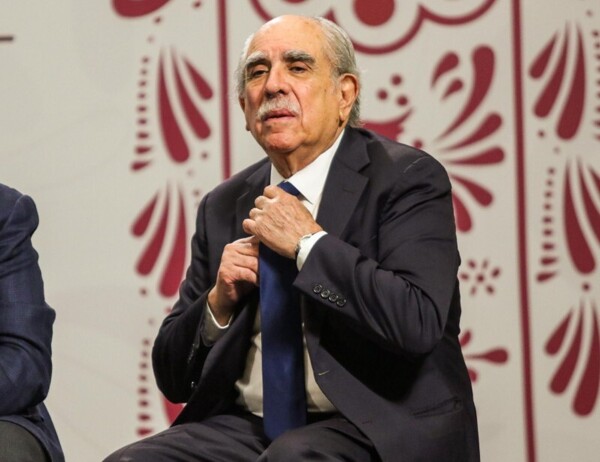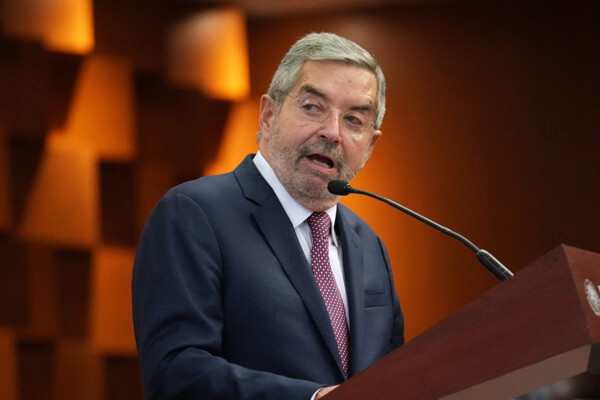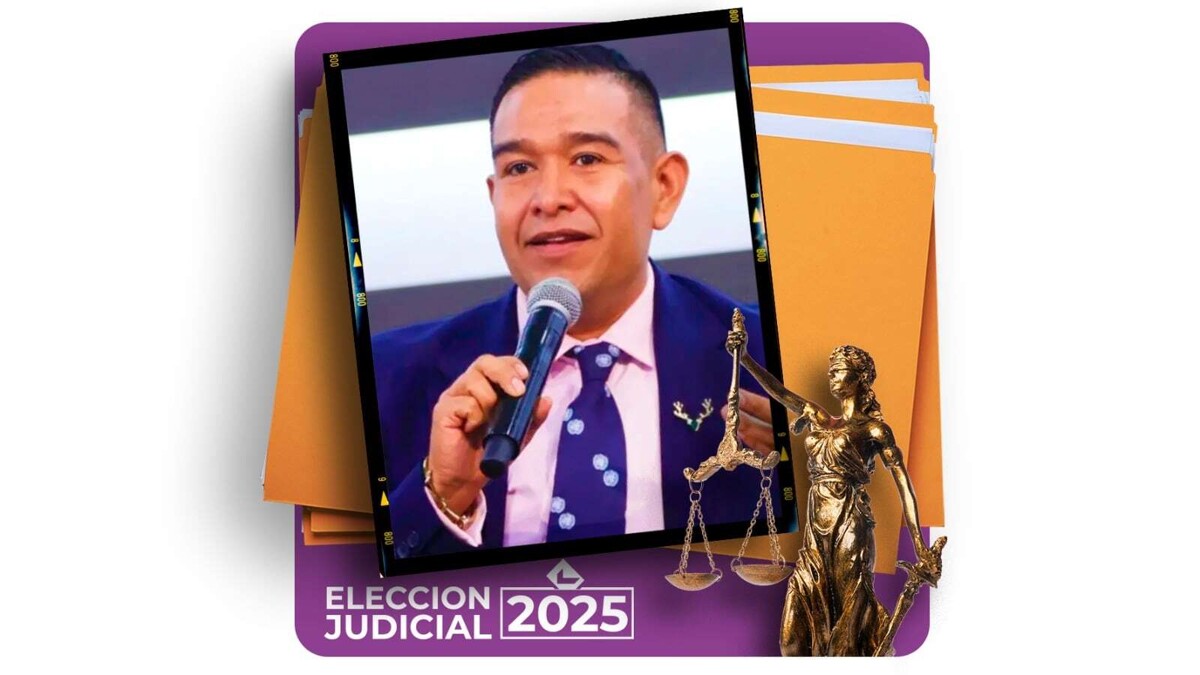
Antonio Sorela Castillo holds a law degree from the Autonomous University of the State of Morelos and is an academic. Throughout his career, he has been involved in human rights advocacy for the Secretariat of Government in Morelos and has served as a professional technician for the local Public Prosecutor's Office. Additionally, he has experience as a trainer for judges and magistrates.
In his proposal for the elections to the Judiciary, Antonio Sorela outlines eight judicial commitment axes aimed at decentralizing the Supreme Court. These include the defense of human rights, a new citizen judicial reform that promotes transparency and citizen participation, full access to justice to bridge the gap for different groups, judicial independence, continuous training and professionalization, equity and interculturality, open justice, and dialogue with society to address justice demands.
Antonio Sorela has extensive work experience as a professor at various Mexican universities, as well as in Spain and the United States. He has been a legal consultant for the Ibero-American Federation of Ombudspersons and an advisor on National and International Relations at the Electoral Tribunal of Tlaxcala. Furthermore, he has been the head of the Protection Mechanism for Journalists and Human Rights Defenders in Morelos.
With several doctorates and a postdoctoral degree, Antonio Sorela ranks number 62 on the candidate lists for the Supreme Court of Justice of the Nation. His education includes a master's degree in Criminal Procedural Law, an honorary doctorate from the Panamerican University of Tabasco, a doctorate in Law, and a postdoctorate in Public Law. In addition, he has authored at least six books and numerous specialized articles in law.
During his campaign for the elections, Antonio Sorela presents himself as a candidate with extensive judicial, educational, and governmental experience. Born in the Nahuatl town of Tetelpa, Morelos, Sorela asks to be considered for his knowledge and not for his ethnic origin. He emphasizes his preparation in interculturality, gender perspective, differentiated approach, and international issues as qualities he would bring to the Court if elected.











